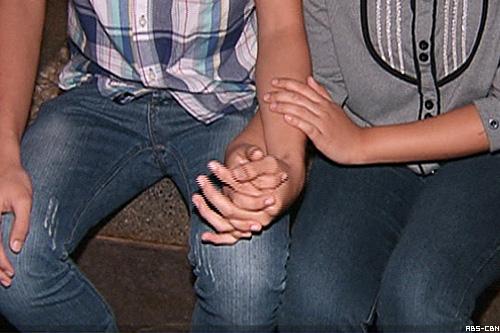Supreme Court eases rules on Marriage Annulment
 MANILA — The Supreme Court (SC) has relaxed its own rules regarding the annulment of marriage on the ground of psychological incapacity, describing the rules it had in place for 18 years now as "rigid." In a 25-page decision penned by Associate Justice Lucas Bersamin, the high court, through its First Division, reversed a September 2011 ruling in an annulment case where it had affirmed a Court of Appeals (CA) decision upholding the marriage of two individuals.
MANILA — The Supreme Court (SC) has relaxed its own rules regarding the annulment of marriage on the ground of psychological incapacity, describing the rules it had in place for 18 years now as "rigid." In a 25-page decision penned by Associate Justice Lucas Bersamin, the high court, through its First Division, reversed a September 2011 ruling in an annulment case where it had affirmed a Court of Appeals (CA) decision upholding the marriage of two individuals.
"After taking a second hard look" at the facts of the case, the high court said it had to reverse the 2011 ruling which involves a petition for annulment filed by a husband whose wife constantly plays mahjong and displays narcissistic behavior. The high court said Article 36 of the Family Code, which points out psychological incapacity as a ground for annulment of marriage, should not be too strictly or literally applied. In keeping with the provision, the high court set guidelines in 1997 for nullification of marriage due to psychological incapacity, which include: the root cause of the psychological incapacity must be medically or clinically identified, alleged in the complaint, sufficiently proven by experts, proven to be existing at “the time of the celebration” of the marriage, and clinically or medically incurable, among others. “The foregoing guidelines have turned out to be rigid, such that their application to every instance practically condemned the petitions for declaration of nullity to the fate of certain rejection,” the latest decision read. The high court stressed that courts should rule on every annulment case not based on "assumptions, predilections or generalizations, but according to its own facts." In the case involved, the high court said that the wife's duties to her husband and children are primary, and that taking her children with her while playing mahjong exposes them to a culture of gambling. The high court clarified that it is "not demolishing the foundation of families but is actually protecting the sanctity of marriage, because it refuses to allow a person afflicted with a psychological disorder, who cannot comply with or assume the essential marital obligations, from remaining in that sacred bond." Ample safeguards remain in place to ensure that petitions for annulment of marriage are decided with extreme care, the high court added. Instead of being worried about the stream of annulment cases that may be filed following the ruling, the high court said that it would "rather be alarmed by the rising number of cases involving marital abuse, domestic violence and incestuous rape."
